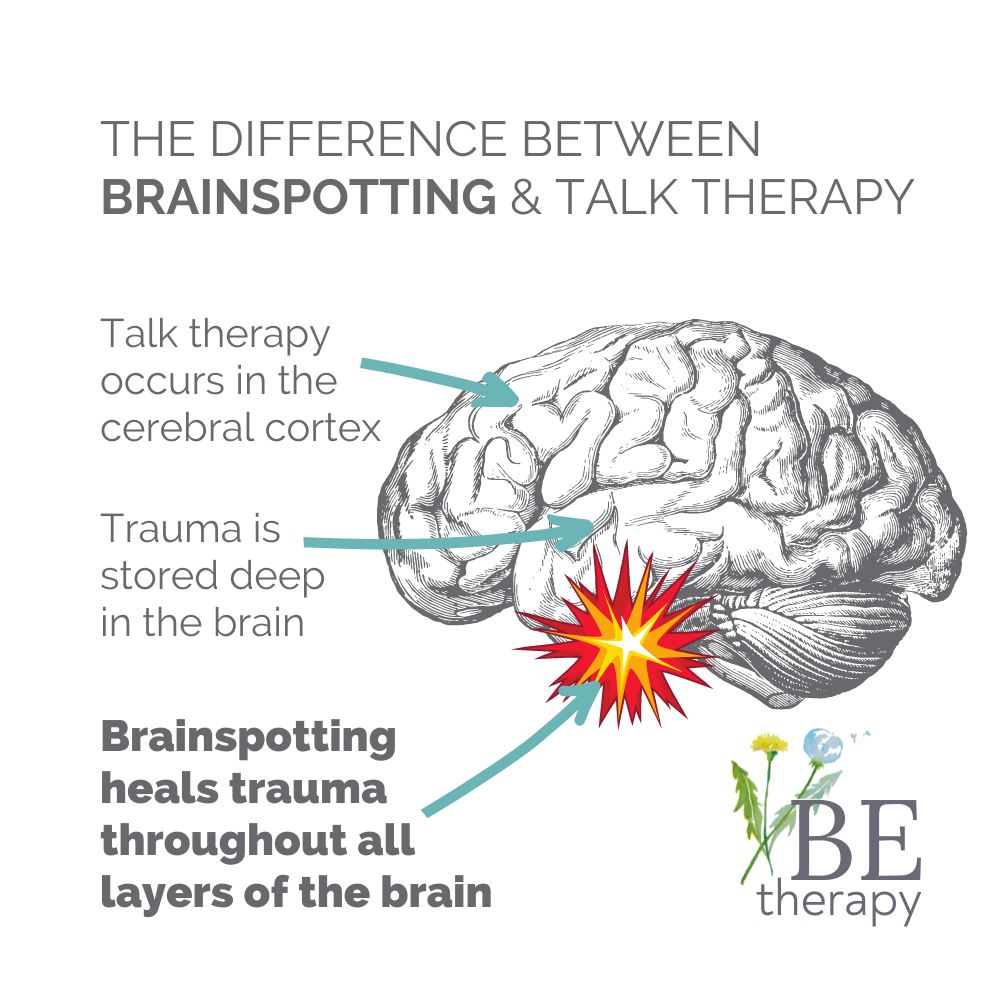Anxiety is the most frequently diagnosed mental health condition in the United States.
There are approximately 40 million Americans who struggle with an anxiety disorder. This may not be surprising considering that in these modern times, we face so many challenges related to work, stress, parenting, relationship, marital or pre-marital concerns, family problems, and a whole slew of other pressures that ultimately cause us to feel overwhelmed and interfere with our contentment. Stress is what you feel when your mind and body’s reactions to these negative forces exceed your ability to cope with them.
Anxiety comes in many forms: chronic worrying, rumination, fear, panic attacks, or even physical symptoms in the body such as adrenaline or body aches.
In fact, just like in other animals, our human nervous systems are biologically and evolutionarily hard wired to respond in certain ways to stressful events in order to keep us safe.
Some anxiety has actually been linked to more productivity and action, while too much anxiety and/or a flood of stress hormones negatively b impact our health and quality of life.
Mindfulness Therapy and Cognitive Behavioral Therapy (CBT) are evidenced-based therapies that can help to alleviate stress and anxiety by providing tools and techniques that you can use to increase awareness and achieve equanimity or calmness in your life.
Some of these tools include breathing exercises, meditation practices, as well as in-the-moment mind and body awareness techniques which will enable you to be more attuned to the root of your emotions and the impact they have on you and your relationships.
I also weave in mindfulness techniques throughout my practice to help you be more curious about your thoughts and feelings, learn to view them as passing events, practice letting go, and stay grounded in the here and now.
Brainspotting (BSP) and Internal Family Systems (IFS) are transformative at targeting deep rooted emotional wounds that may be difficult to access via more traditional talk therapy alone.
Brainspotting is a neurobiological, relational, and mindfulness-based approach which uses your visual field to access emotional wounds that have been essentially stuck deep in the more primitive parts of our brain as a result of our survival tendencies that keep us moving through traumatic events.
These wounds get stored away and unmanaged but not forgotten by our brain and body! And since our brain-body and nervous system work together, this explains why these wounds continue to show up in unpleasant ways in the form of stress, anxiety, fears, depression, anger, loneliness, trauma, or even physical pain.
Once the distress is in focus with Brainspotting, it can be more efficiently processed (released) out of the brain-body offering immense relief. This is how profound healing occurs!

Internal Family Systems therapy can help for all of the same issues as Brainspotting, but with IFS we can access your inner “parts” in order to communicate with your most wounded self and achieve healing through an unburdening process.
